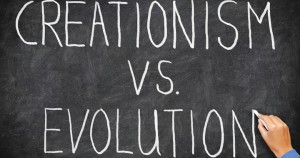They’re bringing penmanship back to public school curricula, to which I say: woo hoo!
The Texas State Board of Education voted in 2017 to bring back what they call “cursive writing.” Beginning with the new school year that begins on Aug. 15, all schools will be teaching it to students.
While working on a story for KETR-FM radio, I was touring a brand new school in Princeton with the principal, Jeff Coburn, who confirmed what I knew already, that cursive writing was staging a comeback in Texas public school classrooms.
I am delighted to see this trend. A Houston Chronicle story referred to cursive writing as a “lost art” that is being rediscovered. The advent of computers, tablets, I-pads, smart phones, gadgets, gizmos and various electronic doo-hickeys have helped bury the lost art. Many of us thought it would be lost forever.
It’s not.
I used to get good elementary grade marks for my penmanship. My parents both wrote with exquisite precision. My two sisters have managed to maintain their handwriting skills. Me? I lost ’em long ago when I took up the craft of journalism, a vocation that required me to take copious notes at a furious pace. These days I can barely sign my name without stopping and thinking — if only for an instant — about the next letter I need to form.
But … I digress.
Youngsters have been educated without learning that particular skill.
Fox News reported: Diane Schallert, a professor in the Department of Educational Psychology at the University of Texas at Austin, compared learning cursive to learning a new language. Schallert, who studies how language and learning coincide, told WCNC that requiring students to learn cursive can help children grow their comprehension skills.
“With language comprehension, there’s this reciprocity between producing and comprehending,” Schallert said. “By seeing the letter being formed slowly at your control, you’re considering its sound-symbol correspondence.”
That’s a pretty clinical explanation. I am just thrilled that we are about to resurrect one of the “3 Rs” that had been all but abandoned in our public school classrooms.
I wonder if they’ll let this old man sit in so I can re-learn the lost skill for myself.


